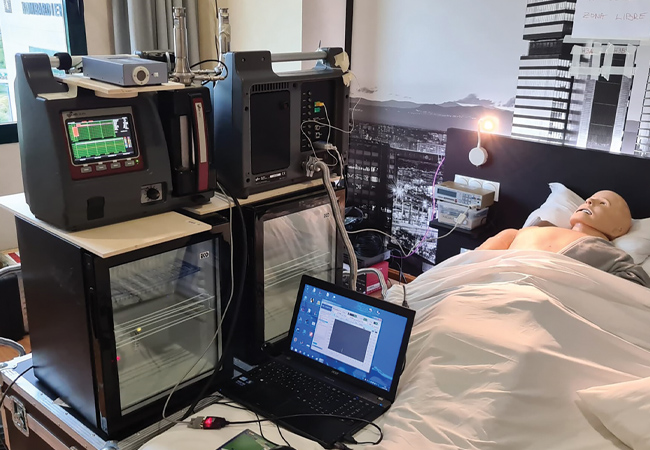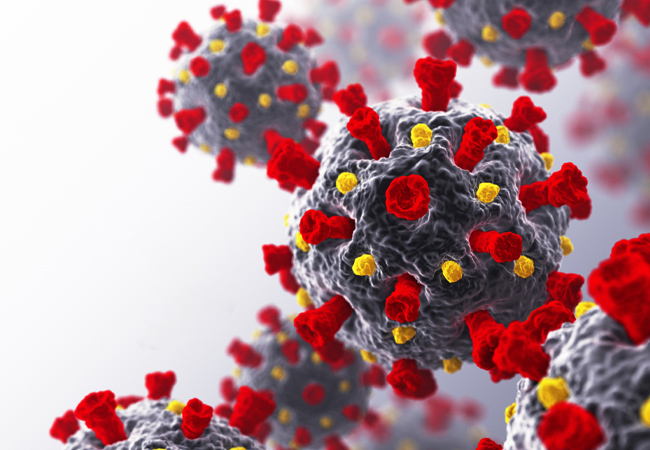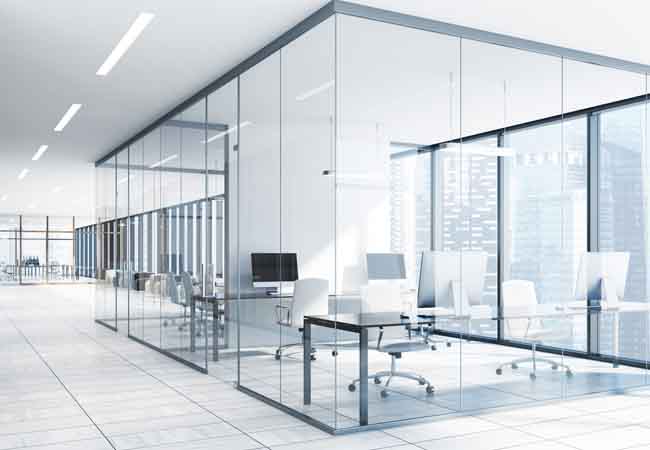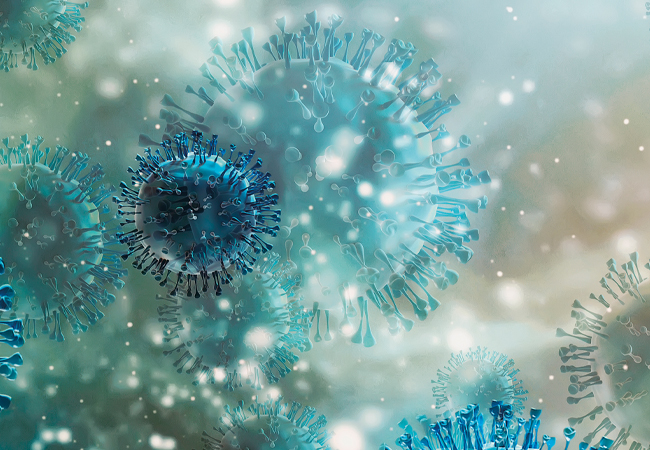
Bipolar ionisation systems were independently tested at a hotel room in Madrid
When people book stays in hotels, they expect high levels of cleanliness. Now, discerning customers are also demanding high indoor air quality (IAQ). One way hotels have been improving IAQ and removing odours is by installing bipolar ionisation systems, which have now also been tested for their effectiveness in eliminating Covid-19.
Bipolar ionisation systems are placed inside the HVAC system to give an electrical charge to the air passing through them. The charge creates a plasma (an energised gas) containing positive and negative ions, which are then distributed throughout the space.
Where these charged molecules encounter particles in the space, they give over their charge. When particles in the room have opposing charges, they are attracted to each other, causing the particles to clump together, or ‘agglomerate’. This agglomeration process turns particles in the air from being <5μg – and, therefore, classified as aerosols – to >5μg, at which size they fall out of the breathing zone faster or get removed by low-grade filters.
Bipolar ions also break down the surface proteins of the virus, rendering it inactive. This is particularly helpful for deactivating virus trapped in filters.1 The ions also react with volatile organic compounds (VOCs) and odours, breaking them down into more stable compounds.
Hotel rooms are challenging spaces in which to deliver good air quality, with plenty of moisture created by guests using baths and showers. Frequent cleaning can also leave high levels of VOCs in the rooms. Washed and changed bedding releases a large amount of lint into the air, which – as well as being a respiratory irritant – clogs HVAC filters and decreases coil efficiency.
Because of the low air-change rate, a room recently vacated by a person infectious with Covid-19 could, potentially, contain a high level of viral particles in the air and fomite depositions on surfaces, presenting a risk to the housekeeping team. Hotels are currently leaving extended amounts of time between guests checking out and the housekeeping team heading in to clean and make up the room. Settling times for infectious droplet nuclei <5μg are likely to exceed the time that a room is left vacant between guests, so these, potentially, pose a risk to staff and guests long after an infectious person has left the hotel.
A Covid surrogate
MS2 bacteriophage is used for viral aerosol studies to determine the efficacy of devices used to remove viral particles from the air. MS2 bacteriophage is classified as very-low risk to the testers and community, and is very resistant to desiccation, which is critical for aerosol studies.
Viruses cannot replicate outside of a host, so one way of testing for their presence is by choosing a virus that infects enteric bacteria.
In May 2020, in a hotel room in Madrid, bipolar ionisation systems were independently tested by INTA, the Spanish National Institute for Aerospace Technology, and Spanish Plasma Air distributor Tayra. A Plasma Air PA600 device was fitted to the outlet of a fan coil serving the room. A SARS-CoV2 surrogate, MS2 bacteriophage (see panel above), was aerosolised into the room air via a nebuliser.
Air samples via a solid bio sampler and surface swabs were taken for analysis at the laboratories of INTA. After just 10 minutes, the concentration of bacteriophage in the air captured by the solid bio sampler showed a log two (99%) reduction compared with the control. Swab samples taken from surfaces around the room showed an ~80% reduction in bacteriophage counts on surfaces.
In September 2020, testing conducted in cooperation with Nagasaki University in Japan2 demonstrated that, in a small, three-litre test chamber, aerosolised SARS-CoV2 concentration was reduced by 91.3% when exposed to Bipolar ions.
Many hotels had installed Bipolar Ionisation systems pre-Covid to enhance general IAQ. Chains such as Ritz Carlton, Marriott and Four Seasons have recently adopted the technology to give customers confidence to book a room.
About the author
Adam Taylor is managing director at Spire Building Services
References
1 Hyun J et al. Application of corona discharge-generated air ions for filtration of aerosolised virus and inactivation of filtered virus, May 2017, Journal of Aerosol Science,
2 Sharp Plasmacluster technology reduces airborne coronavirus, September 2020, Industry Analysts Inc,






